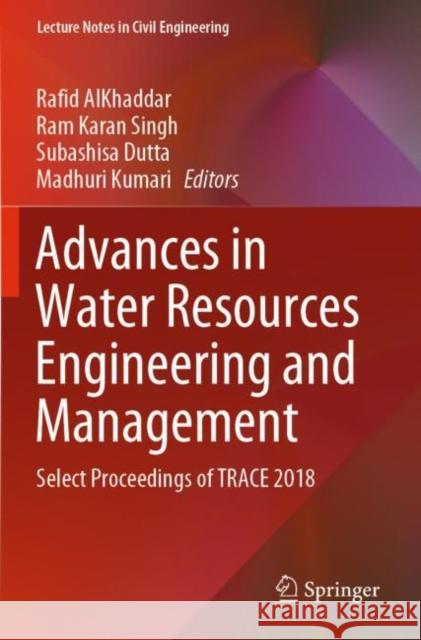Advances in Water Resources Engineering and Management: Select Proceedings of Trace 2018 » książka
topmenu
Advances in Water Resources Engineering and Management: Select Proceedings of Trace 2018
ISBN-13: 9789811381836 / Angielski / Miękka / 2020 / 257 str.
Advances in Water Resources Engineering and Management: Select Proceedings of Trace 2018
ISBN-13: 9789811381836 / Angielski / Miękka / 2020 / 257 str.
cena 603,81
(netto: 575,06 VAT: 5%)
Najniższa cena z 30 dni: 578,30
(netto: 575,06 VAT: 5%)
Najniższa cena z 30 dni: 578,30
Termin realizacji zamówienia:
ok. 16-18 dni roboczych.
ok. 16-18 dni roboczych.
Darmowa dostawa!
Kategorie:
Kategorie BISAC:
Wydawca:
Springer
Seria wydawnicza:
Język:
Angielski
ISBN-13:
9789811381836
Rok wydania:
2020
Wydanie:
2020
Numer serii:
000798671
Ilość stron:
257
Oprawa:
Miękka
Wolumenów:
01











